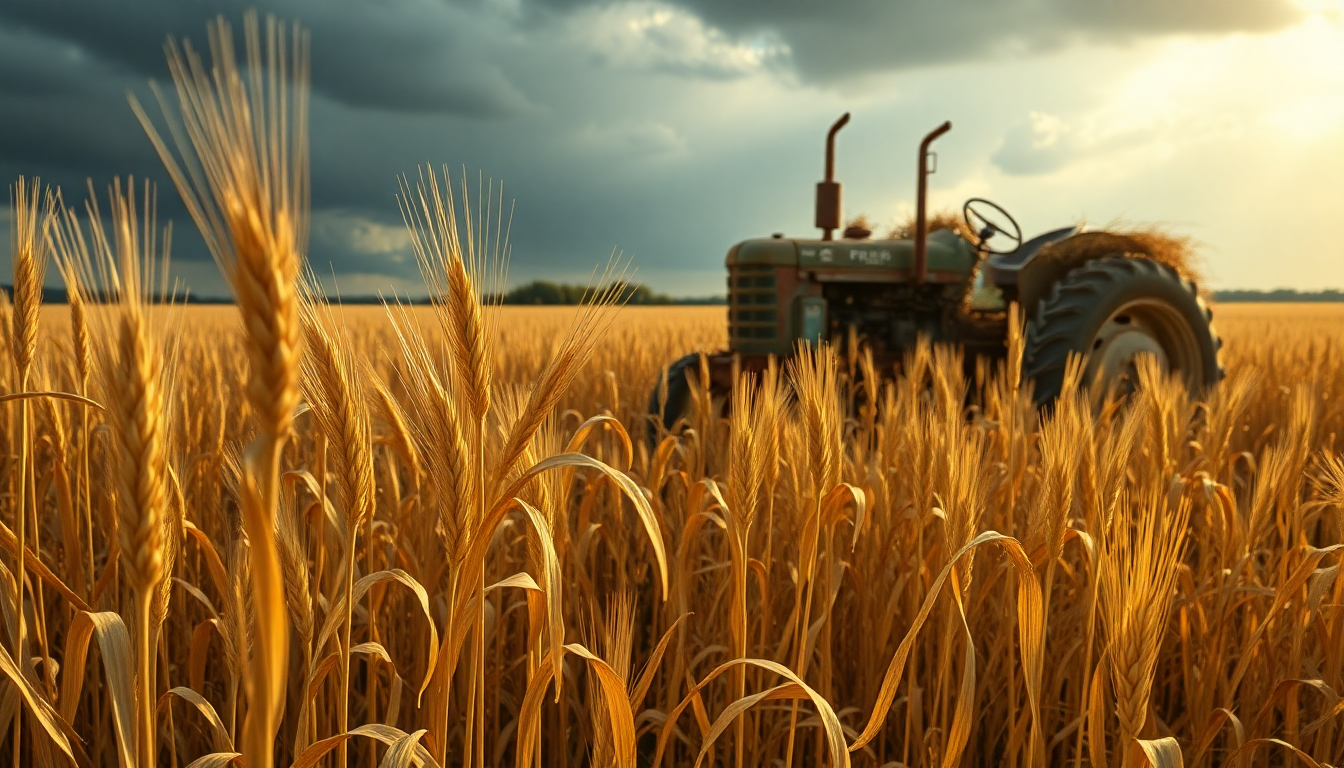Table of Contents
Have you ever stopped to think about how extreme weather impacts your grocery bills? Recent research has uncovered a troubling trend: extreme climate events are driving up global food prices, making staple crops more expensive than ever. Whether it’s heatwaves or droughts, various weather phenomena have been linked to significant price hikes in essential food items like rice, corn, cocoa, and coffee. This growing evidence highlights an urgent call to action in the fight against climate change and its effects on food security.
Extreme Climate Events and Their Effects on Food Prices
International scientists have been busy analyzing the data, and their findings are eye-opening. Since 2022, many food items have seen substantial price increases directly tied to extreme climate events. For example, did you know that the cocoa market experienced a staggering 280 percent spike in prices in April 2024? This surge followed a severe heatwave that hit Ghana and the Ivory Coast. In another instance, Australian lettuce prices skyrocketed by 300 percent due to floods back in 2022. These alarming statistics serve as a wake-up call to how fragile our food supply chain really is when faced with climate variability.
Price increases often happen shortly after major weather events. Take South Korean cabbage, for example—it saw a 70 percent price jump in September 2024. Meanwhile, Japan experienced a 48 percent rise in rice prices during the same month. In India, potato prices surged by 81 percent in early 2024. It’s clear that the impact of these climate events is both immediate and profound, affecting consumers across the globe.
Long-Term Implications for Food Security
Heatwaves aren’t the only culprits; drought conditions have also played a crucial role in pushing food prices higher. A severe drought in Brazil in 2023 resulted in a 55 percent increase in global coffee prices the following year. Similarly, a drought in Ethiopia in 2022 contributed to a 40 percent rise in food prices within the country. These examples illustrate just how interconnected climate events are with agricultural productivity, ultimately influencing food affordability for consumers everywhere.
Maximillian Kotz, the lead author of the report from the Barcelona Supercomputing Center, emphasizes the urgency of addressing these challenges. He states, “Until we reach net-zero emissions, extreme weather will only get worse, and it’s already damaging crops and pushing up food prices globally.” With rising food prices becoming a pressing concern for households—especially low-income families facing sudden price spikes—the urgency for action has never been clearer.
The Political Landscape and Food Affordability
Rising food prices aren’t just an economic issue; they’re increasingly entering the political arena. In recent elections around the globe, discussions about food affordability have taken center stage. Countries like Japan, the United States, and the United Kingdom have seen voters express growing concern about how climate change directly affects their daily lives, with rising food prices topping the list of worries.
For example, in the UK, climate change reportedly added around £360 ($482) to the average household food bill during 2022 and 2023. With the nation facing its third-worst arable harvest on record, these financial pains are expected to influence upcoming electoral decisions. The undeniable link between climate change and food prices is reshaping political campaigns, as constituents demand action from their leaders.
Conclusion and Future Outlook
As global leaders convene to tackle climate change at forums like the United Nations Food Systems Summit, the need for effective strategies to address these pressing issues is more apparent than ever. While governments are pledging to reduce emissions under the UN Framework Convention on Climate Change, the current targets still fall short of what scientists deem necessary to meet the Paris Agreement’s goals.
The International Court of Justice is also set to deliver a crucial advisory opinion on states’ legal obligations regarding climate change, which could further shape the global response to this urgent issue. It’s essential to recognize that the health of our planet is directly linked to the affordability of food. Immediate action is required to protect both our environment and food security for future generations. So, what can we do to contribute to this critical cause? Every small step counts, and together, we can make a difference.


